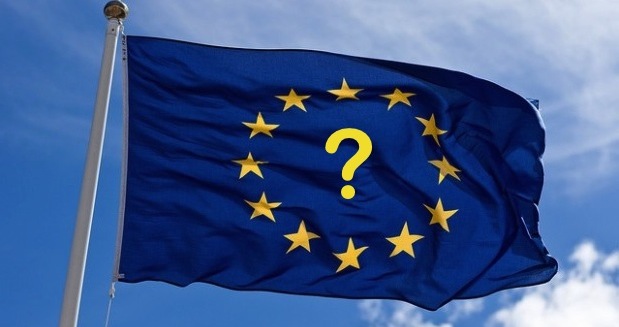
Enlargement – the Way forward for the European Union?
This is a transcript of Sever Voinescu’s speech during the State of Europe Forum 2019 in Bucharest.
What was once for Romania a major good effect in pursuing the European membership has disappeared.
What we used to call ‘the fantastic transformative power of the European Union’, which was not just referring to the members of the EU, but also to the countries applying to join the EU, was very good from the Romanian experience. But somehow, that fantastic transformative power has faded up.
Leaving aside politicians and people who are working in the integration process for these various candidate countries, I feel that when we talk with the people on the street, we realise that, in a way, they are fed up with all these talks about the European Union. They feel that arrangements such as visa free regime for travelling throughout the European Union or being able to manage their own lives based on this sole arrangement is more than enough. So why do they need to do more with their own countries, if they can travel outside, if they can more or less do business or if they can find a job in Europe? I don’t know if this is true, but I feel that the idea of the European Union, which was once a fantastic transformative power, is not there anymore.
In his speech, former Foreign Affairs Minister Mr. Titus Corlatean said that there is a need of fairness in the relationship between the European Union and the candidates, that somehow, if we pay the price, then we have to be very transparent in terms of what we offer for such a price. My first reaction is that ‘paying the price’ could not be the right words, because, according to the Romanian experience, a country doesn’t need to make sacrifices to join the European Union. It is not a sacrifice but only an attempt to get better, for example in terms of values, in terms of how to organise political power, the judiciary systems and so on. Initially I thought that the term ‘sacrifice’ was too tough. But then, if I put these words with what I intended to say regarding my experience of talking with people who are fed up, maybe the words are not as unrealistic as they first appeared to me. I first had this feeling because I compared what is going on today with the current candidate countries with what was going on with Romania when we were in this position. But history doesn’t repeat itself. Nowadays, the European Union is completely different than the European Union that Romania joined. This is something that we should think about.[1]
Also, in international relations, a measure of success of an international institution is often through its appetite to enlarge. It is considered that we are successful as the European Union if we keep talking about enlargement, even if at a certain point, we break Europe’s boundaries themselves. It was the same discourse with the NATO at a certain point: enlarging was the main goal. This is the way the growth of an organisation is measured, because this is how we project our power, the way we can show that we are on the good track, that our organisation is healthy, and so on. But I don’t think that this is a good approach. In my views, a good and sustainable organisation could also be an organisation that, first of all, takes care of its members and tries to solve its own problems. At a point when one of its most important member is leaving, the European Union should take this into account as a more realistic assessment on the state of the Union than all these talks about enlargement.
Finally, since we are here under Christian auspices, I would like say something about the idea of Turkey’s membership in the European Union. There is a huge cultural problem that is more important than the political, geostrategic or economic problems. I have heard some things about what would be the economic impact if Turkey were inside the common economic market. Besides everything, there is in my opinion a much more important problem which is the cultural and religious differences that would really jeopardize the European identity. For in fact, European identity is too strongly and powerfully rooted in Christianity to just let it be jeopardized in order to have Turkey as a member of the European Union. In such a case, Turkey would bring in the European Parliament a completely different way to see and talk politics than the European way. It would be a clash of traditions that would not be useful to the European Union as a whole.
However, as a disclaimer, I have to affirm that I am not anymore involved in foreign affairs, which means that my opinions are not necessarily up to date.
Sever Voinescu
Romanian journalist, political analyst, diplomat and politician
[1]After Sever Voinescu’s intervention, Mr. Titus Corlățean precised that when he talked about sacrifices, he didn’t mean sacrifices for improvements, such as, for example, establishing an efficient anti-corruption system. Rather, he meant sacrifices that have an impact on deeper widespread values, such as, for example, the pressure to adopt laws in line with LGBTQ agendas.

This Post Has 0 Comments